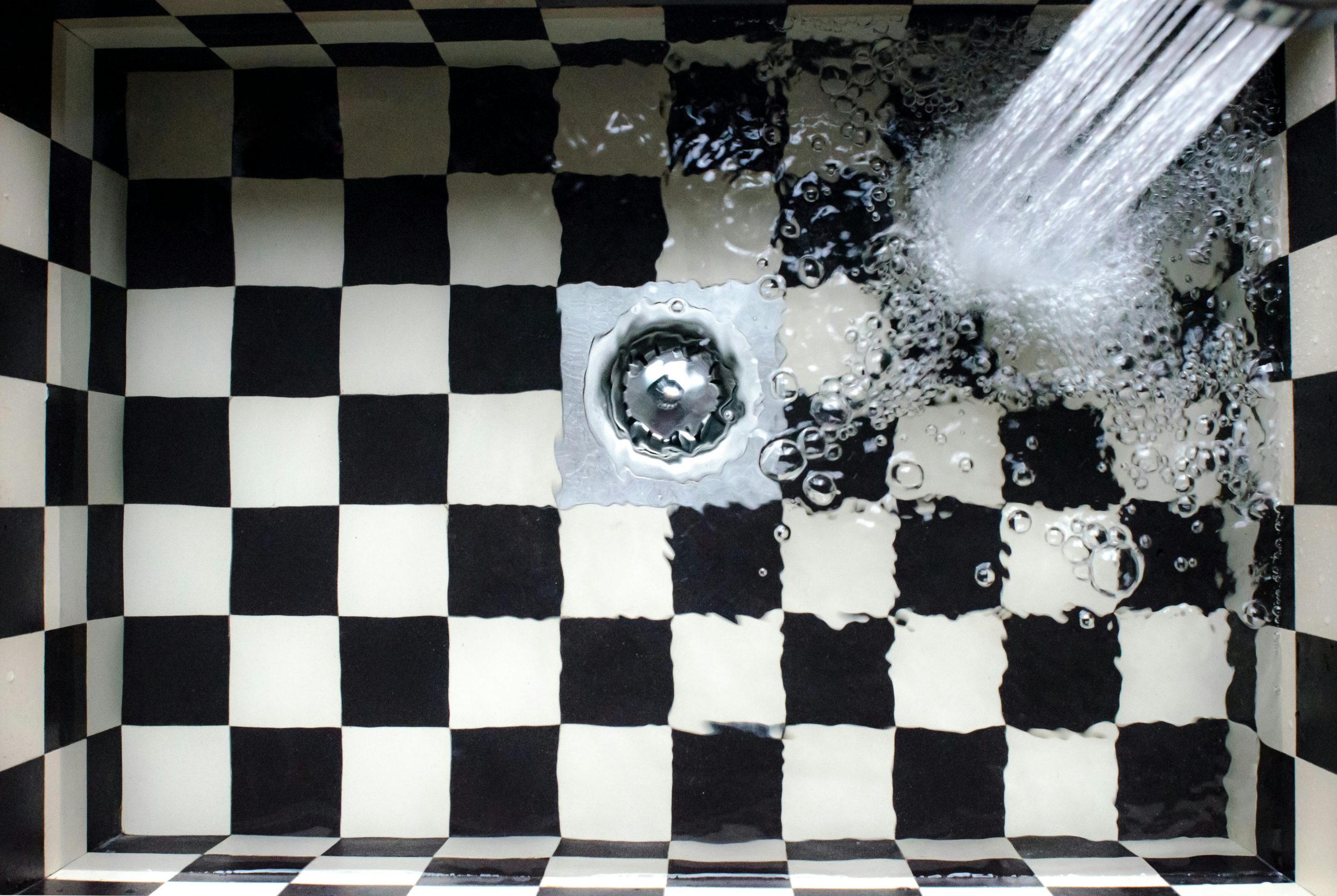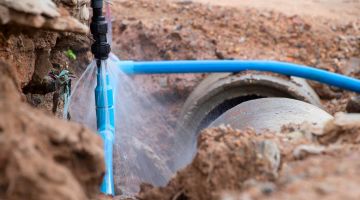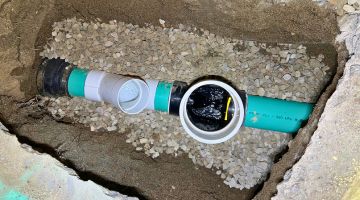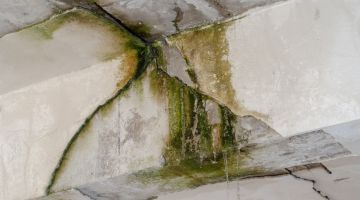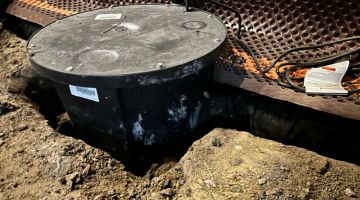When considering what to pour down a clogged drain, safety and effectiveness are paramount. For minor clogs, a mixture of baking soda and vinegar is a popular choice. This natural combination creates a chemical reaction that helps loosen blockages without damaging pipes. Another safe option is boiling water, which can dissolve soap scum and grease, making it ideal for what to pour down a clogged drain to clear minor obstructions.
For more severe clogs, enzyme-based cleaners are a safer alternative to harsh chemicals. These products break down organic materials without causing damage to pipes or septic systems. When deciding what to pour down a clogged drain, it’s crucial to avoid using caustic chemicals like sulfuric acid unless absolutely necessary, as they can harm certain types of pipes. Always follow safety precautions and use protective gear when using any cleaning agents.
Boiling Water
When considering what can I pour down the drain to unclog it, boiling water is often a popular choice. This method can be effective for minor clogs, especially those caused by organic matter like food particles or hair. The high temperature of boiling water helps dissolve soap residue and grease, making it easier to clear the blockage. However, it’s crucial to use caution, as boiling water can damage PVC pipes by softening or melting them.
For metal pipes, boiling water can be a safe and effective solution. To use it, boil a large pot of water and pour it slowly into the clogged drain in stages, allowing each pour to work its way through before adding more. This method is particularly useful for maintaining drain cleanliness and preventing future blockages. Always assess your pipe material before using boiling water to avoid potential damage.
Baking Soda and Vinegar
When considering can you pour soda down the drain, it’s important to clarify that regular soda is not recommended. However, a mixture of baking soda and vinegar is a popular and effective method for unclogging drains. This natural solution involves pouring baking soda down the drain, followed by vinegar, which creates a chemical reaction that helps break up clogs. The process typically involves pouring half a cup of baking soda into the drain, letting it settle, and then adding a cup of vinegar. The mixture should be allowed to sit for about 15-30 minutes before rinsing with hot water.
This method is eco-friendly and gentle on pipes, making it a safer alternative to harsh chemicals. However, it may not be effective for severe clogs, in which case professional assistance might be necessary. Regular use of baking soda and vinegar can help maintain drain cleanliness and prevent future blockages. Always ensure the area is well-ventilated and follow safety precautions when using this method.
Salt and Hot Water
When considering pour salt down your drain, many wonder what does pouring salt down your drain do. The idea behind using salt is that it might help dislodge minor clogs due to its coarse nature. However, there is little evidence to support its effectiveness for serious blockages. Some theories suggest that salt can absorb moisture, potentially aiding in clearing minor obstructions when followed by hot water.
To use this method, a small amount of salt is poured down the drain, followed by boiling water. While this combination may provide some benefit for minor issues, it is not a reliable solution for significant clogs. Additionally, pouring boiling water can pose risks, such as splashing back and causing burns, especially if mixed with salt. For more effective results, proven methods like using baking soda and vinegar or seeking professional assistance are recommended.
Enzyme Cleaners
Enzyme cleaners offer a gentle and effective solution for maintaining and clearing minor blockages in plumbing systems. These cleaners utilize natural enzymes and bacteria to break down organic matter such as fats, oils, and food particles, making them ideal for enzyme cleaners that target organic clogs. The enzymes, including proteases, lipases, and amylases, work together to dissolve proteins, fats, and starches, providing a comprehensive cleaning action without damaging pipes or harming the environment.
Unlike harsh chemical cleaners, enzyme cleaners are safe for plumbing systems, including septic tanks, as they do not corrode pipes or harm beneficial bacteria. They work slowly, making them more suitable for routine maintenance rather than immediate clog removal. Regular use of enzyme cleaners can help prevent future blockages by establishing a colony of beneficial bacteria that continuously break down organic debris. This approach makes enzyme cleaners a preferred choice for eco-friendly and sustainable drain maintenance.
Plunger
When it comes to plumbing tools, a plunger is one of the most essential items for unclogging drains. There are three main types of plungers: the cup plunger, flange plunger, and accordion plunger. The cup plunger is ideal for sinks, tubs, and washbasins due to its flat surface design, which creates a vacuum to dislodge clogs. On the other hand, the flange plunger and accordion plunger are better suited for toilets. The flange plunger features a flexible rubber flange that fits snugly into the curved toilet bowl, while the accordion plunger offers more force and flexibility for stubborn clogs. Using the right type of plunger can save time and money by avoiding the need for emergency plumbing services or plumbing repairs. Proper use of a plunger involves creating a tight seal and applying consistent pressure to effectively clear blockages. Regular maintenance and proper plumbing techniques can prevent frequent clogs, ensuring smooth drain cleaning and plumbing maintenance.
Baking Soda and Lemon Juice
Using baking soda and lemon juice is a natural and effective method for unclogging drains and maintaining plumbing systems. This combination is a popular homemade drain cleaner that avoids harsh chemicals, making it a safer choice for plumbing maintenance. To use this method, start by pouring boiling water down the drain to loosen any grease or soap buildup. Then, add about 8 ounces of baking soda into the drain, ensuring it doesn’t get stuck. Next, pour an equal amount of lemon juice down the drain.
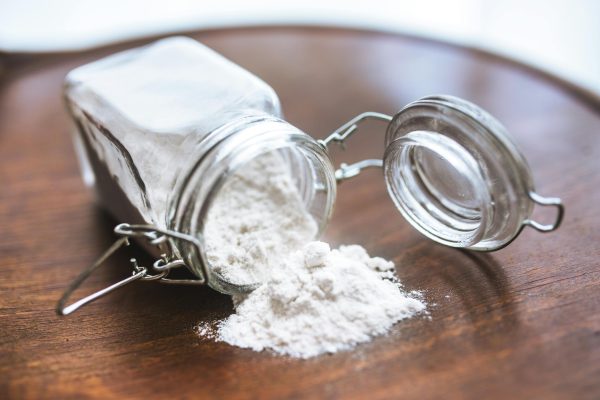
Commercial Eco-Friendly Drain Cleaners
In the realm of plumbing, using commercial eco-friendly drain cleaners is the best thing to pour down a clogged drain for maintaining a sustainable and efficient drain cleaning system. These cleaners are designed to tackle tough blockages without harming the environment or causing damage to pipes. They typically utilize biological agents like enzymes or bacteria to break down organic matter such as grease, hair, and food particles, which are common culprits behind clogged drains.
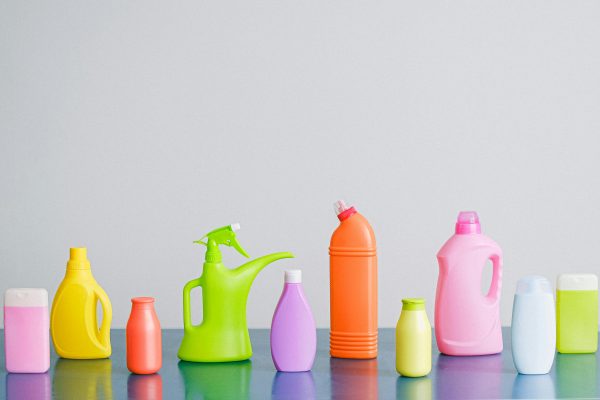
What to Avoid: The Dangers of Chemical Drain Cleaners
Chemical drain cleaners pose significant risks to health and plumbing systems. They contain corrosive chemicals like sulfuric acid, which can damage pipes and cause severe burns upon contact. While some wonder does ammonia unclog drains, using ammonia or similar chemicals is not recommended due to potential harm. These cleaners also compromise indoor air quality and can be fatal if ingested. Safer alternatives should be considered for effective drain cleaning.
When to Call a Plumber: Recognizing Drain Issues Beyond DIY
Recognizing when drain cleaning requires professional intervention is crucial. Persistent or recurring clogs often indicate deeper issues like pipe scaling or root intrusion, necessitating emergency plumbing services. Multiple slow drains may signal problems in the main sewer line, such as tree root infiltration or pipe collapse. Water backups suggest severe blockages, making 24/7 plumbing services essential.
Preventive Measures: Keeping Drains Clear Long-Term
To maintain clear drains long-term, adopt preventive measures like regular inspections and cleaning. Flushing with hot water helps dissolve grease, while enzyme cleaners break down organic matter. Regular maintenance reduces clogs and extends the system’s lifespan, ensuring efficient drain cleaning and plumbing services. Schedule yearly drain inspections for optimal results.
How to Maintain Your Drains to Avoid Clogs
Maintaining your drains involves regular cleaning and preventive measures. To avoid clogs, use a mesh drain strainer to catch solids and avoid pouring grease or food scraps down the drain. For maintenance, pour a pot of boiling water down the drain, followed by a mixture of baking soda and vinegar to dissolve buildup. When considering what to pour down drain to unclog, baking soda and vinegar are effective natural solutions. Regularly cleaning sink stoppers and using bacterial drain cleaners can also help prevent clogs. Schedule regular inspections for optimal drain health.

